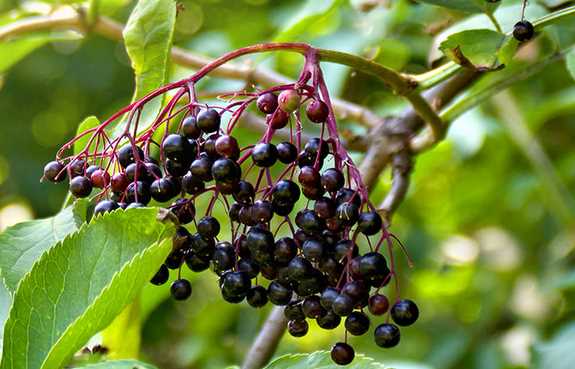Elderberry (Sambucus nigra) is a plant that grows in the Northern Hemisphere. It has been used for centuries for its medicinal properties, and it can be found in many herbal medicines today. It is often taken to prevent or treat flu symptoms, sore throats, coughs, colds, and other respiratory infections. This article will discuss elderberry’s benefits and risks so you can decide if it is right for you.
What Are the Potential Health Benefits of Elderberry?
There is some evidence that elderberries may help fight viruses. It has been shown to effectively prevent and treat colds, influenza (flu), and other respiratory infections.
Elderberry wellness products do not appear to have any serious side effects when taken by mouth in recommended doses. However, it can cause allergic reactions in people sensitive to plants such as poison ivy or sumac because the plant itself belongs to a group called “Annonaceae.” Additionally, there is no scientific research on using this herb during pregnancy or breastfeeding, so talk with your doctor before taking it if you’re pregnant or nursing.
What Are the Potential Risks Associated with Elderberry?
Because elderberry appears safe when used at recommended dosages but has not been studied thoroughly, it’s best to avoid taking this herb if you’re pregnant or nursing. It is unknown whether elderberries can cause problems during pregnancy, so talk with your doctor before using it as an herbal supplement if you consider becoming pregnant.
Allergic reactions: People can have allergic responses after eating raw black elderberries or taking supplements made from raw berries. Symptoms include itching, swelling of tongue and throat areas, difficulty breathing, nausea and vomiting. In some cases, anaphylaxis has occurred – a life-threatening response to a foreign substance that affects breathing.
Thrombocytopenia: Elderberry can lower platelet levels in the blood, which increases the risk of bleeding. However, this side effect is only seen with supplements made from raw berries or taken by mouth for several weeks at high doses (elderberry leaf extracts are considered safe). If you have certain health conditions, such as an autoimmune disorder, taking elderberries may increase your risk of thrombocytopenia. People who experience prolonged bruising should stop using elderberries and consult their doctor about alternative therapies.
People who suffer from allergies to other members of the Sambucus genus, including blackberries and dewberries.
Can too much elderberry be bad?
In some people, nausea and diarrhea have been reported. People with a history of kidney stones should avoid elderberry supplements as they may increase the risk for kidney stones. Elderberry is a natural source of antioxidants that help support your immune system to not get overwhelmed by germs or viruses in the body. As always, consult your doctor before starting any new supplement regimen to ensure that you do not take anything that will interfere with other medications you are taking.
How much is an elderberry per day safe?
The recommended dose of elderberry for adults is 15-30 mL (about one to two teaspoons) taken by mouth, three times per day. Elderberries can also be used in syrup form and added to drinks such as juice or water. However, the amount needed may vary depending on the health benefit you are trying to achieve, so talk with your doctor about how much they recommend taking if you want more information before starting an herbal supplement regimen.



